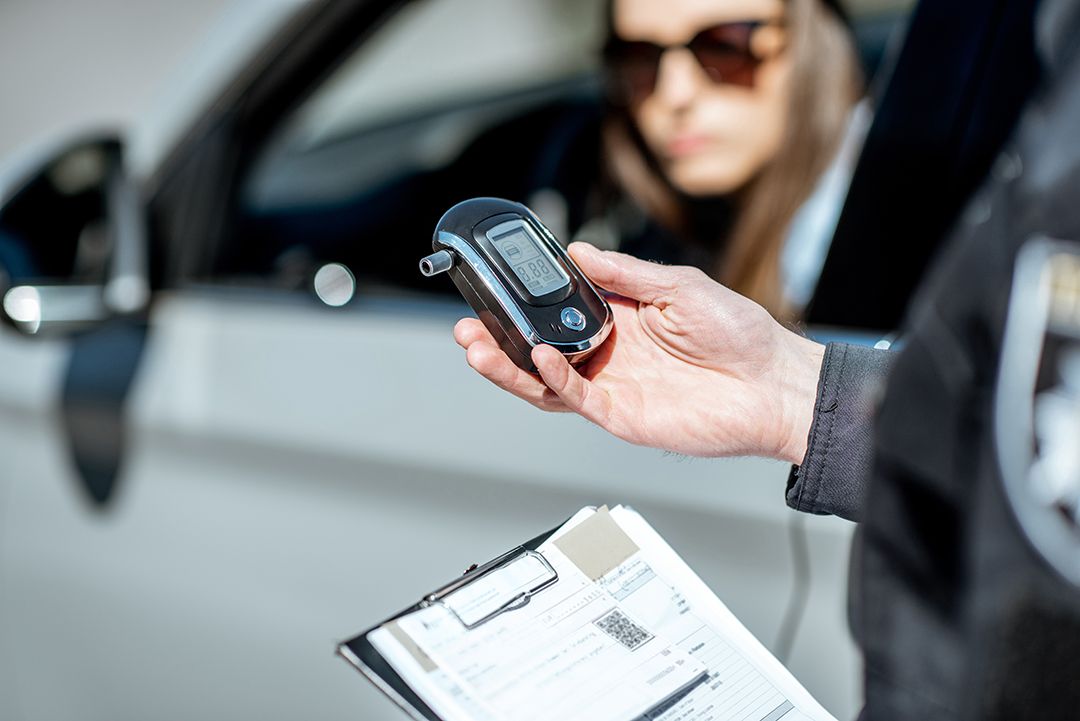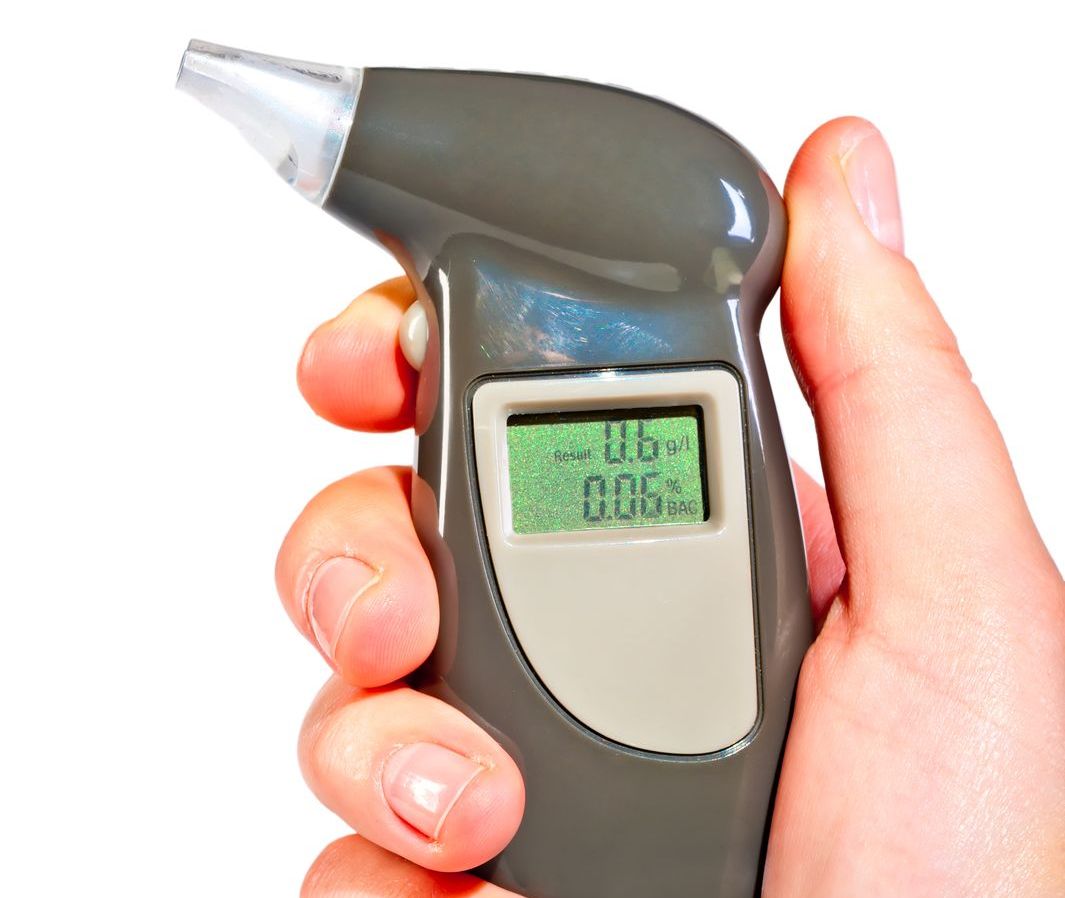DUI is a serious offense that can result in life-altering consequences. Whether it’s a one-time mistake or a recurring problem, getting behind the wheel while intoxicated is not only dangerous but also carries severe legal implications. In the state of Georgia, where road safety is a top priority, the aftermath of these convictions can have a major impact.
What is a DUI?
Commonly referred to as driving under the influence or driving while intoxicated (DWI), it occurs when a person operates a vehicle while impaired by alcohol, drugs, or a combination of both. It is considered a grave offense due to the increased risk of accidents, injuries, and fatalities.
DUI Laws in Georgia

DUI laws are in place to protect public safety, discourage impaired driving, and hold individuals accountable for their actions.
In Georgia, the general legal limit for blood alcohol concentration (BAC) is 0.08% for individuals aged 21 and above.
For drivers under the legal drinking age of 21, Georgia has a zero-tolerance policy. Any detectable amount of alcohol (BAC above 0.00%) can lead to a DUI charge.
Commercial drivers, including school bus drivers, are subject to stricter BAC limits. For those holding a commercial driver’s license (CDL), the legal BAC limit is 0.04%.New Paragraph
Georgia’s Implied Consent

Implied consent means that if you operate a vehicle on roads, you automatically give your consent to chemical testing if a law enforcement officer suspects you of driving under the influence of substances. This includes breath, blood, or urine tests to determine your blood alcohol concentration (BAC) or the presence of drugs in your system.
If you are lawfully arrested for drunk driving and refuse to undergo chemical testing, your driver’s license may be automatically suspended for a specific period of time.
The duration of the suspension can vary depending on factors such as the circumstances surrounding the arrest and any same previous incidents on your record.

Your refusal to take these tests can be used as evidence against you in Georgia court. Prosecutors may argue that your refusal indicates a consciousness of guilt or an effort to conceal evidence of impairment.
How Does the Legal Process in DUI Charges Work?
Field Sobriety Tests (FSTs)
Field sobriety tests are physical and cognitive tests administered by police officers to assess a driver’s coordination, balance, and mental acuity. The three standardized field sobriety tests recognized by the National Highway Traffic Safety Administration (NHTSA) are the Horizontal Gaze Nystagmus (HGN), Walk and Turn (WAT), and One-Leg Stand (OLS) tests. There are other non-standardized tests that officers may use as well.
Breathalyzer Tests
In Georgia, breathalyzer tests are commonly used to estimate a driver’s blood alcohol concentration (BAC). The driver blows into the device, which measures the alcohol content in their breath to estimate their BAC.
The most commonly used device is the Intoxilyzer 9000. However, breathalyzer devices have their limitations and can produce inaccurate results if not calibrated or administered correctly.
Blood Tests
In certain cases, law enforcement may request a blood test to determine BAC or the presence of drugs. Blood tests are considered more accurate than breath tests.
DUI Checkpoints in Georgia

DUI checkpoints, also known as sobriety checkpoints, are temporary roadblocks set up by law enforcement to detect impaired driving. Drivers are generally required to stop and provide their driver’s license, vehicle registration, and proof of insurance.
What are the Drivers’ Rights?
1. Right to Remain Silent
You have the right to remain silent and not answer any questions beyond providing your identification and documents. It is generally advisable to be polite and cooperative with law enforcement while exercising your rights.
2. Right to Refuse Tests
You have the right to remain silent and not answer any questions beyond providing your identification and documents. It is generally advisable to be polite and cooperative with law enforcement while exercising your rights.
3. Right to Refuse a Search
Unless law enforcement has probable cause or you provide consent, you have the right to refuse a search of your vehicle.
4. Right to Legal Assistance
If you are arrested at a sobriety checkpoint, contact a DUI defense lawyer as soon as possible to protect your rights and receive proper guidance throughout the legal process.
The Legal Consequences of a DUI Conviction
Being found guilty of driving under the influence can result in fines, possible jail time, license suspension, and mandatory participation in a DUI program. The severity of the penalties can vary depending on factors such as prior convictions, blood alcohol concentration (BAC), and aggravating circumstances.
Penalties for First-time and Repeat Offenses
| Offense | License Suspension | Fine | Jail Time |
|---|---|---|---|
| First Offense | Up to 1 Year | $300 to $1,000 | 24 hours to 1 year |
| Second Offense | 3 Years | $600 to $1,000 | 72 hours to 1 year |
| Third Offense | 5 Years | $1,000 to $5,000 | 15 days to 1 year |
| Fourth Offense and Beyond | 10 Years | $1,000 to $5,000 | 1 to 5 years |
Additional Consequences
1. Ignition Interlock Device (IID)
Repeat DUI offenders may be required to install an IID in their vehicles. This device measures BAC and prevents the vehicle from starting if alcohol is detected. Offenders are responsible for the cost of installing and maintaining the IID.
2. Increased Auto Insurance Rates
A conviction can result in significantly higher auto insurance premiums or even policy cancellation. Securing affordable insurance coverage may become challenging.
3. Criminal Record
A drunk driving sentence in Georgia results in a permanent criminal record, which can have long-term consequences for employment opportunities, professional licenses, and other aspects of life.
Effects Of An Accident While Driving Under The Influence
If this offense involves an accident, the consequences become even more severe. Additional charges may be filed, including:

Serious Injury by Vehicle
If the driving under the influence accident causes serious injuries to another person, the offender can face charges of “Serious Injury by Vehicle,” which carries harsher penalties.
Vehicular Homicide
In the tragic event that the accident results in someone’s death, the offender can be charged with “Vehicular Homicide” or “Homicide by Vehicle,” leading to severe legal penalties, including lengthy prison sentences.
Effective Defense Strategies for DUI Cases
If you’re facing an impaired driving charge in Georgia, it’s essential to understand that you have legal rights and options for building a strong defense.
One common strategy is challenging the initial traffic stop. If the police did not have a valid reason to pull you over, any evidence collected afterward might be considered inadmissible in court.
Another approach is questioning the accuracy and reliability of field sobriety tests and breathalyzer results. These tests are not always accurate and can be influenced by factors like medical conditions or improper administration.
A skilled DUI lawyer can carefully examine the specifics of your case to identify any weaknesses in the prosecution’s evidence. They can negotiate with the prosecution on your behalf, seeking a plea bargain where you might plead guilty to a lesser charge or receive a reduced sentence.
Legal Options and Programs Available for Offenders

- Arraignment
- Pre-trial Phase
- Trial
- Sentencing
Throughout the process, it’s important to have legal advice to protect your rights and present a strong defense. A criminal defense lawyer can guide you, advocate for your interests, and help achieve the best possible outcome in your case.
DUI Diversion Program
Georgia offers a DUI Intervention Program. This program provides an alternative to traditional sentencing for first-time DUI offenders who meet specific criteria. Some key aspects of the diversion program include:
Eligibility
This program is generally available to individuals charged with a first-time offense without aggravating factors such as accidents involving injuries or fatalities. Each jurisdiction may have specific criteria, so consulting with a defense lawyer is essential.
Requirements
Participants in the diversion program must complete various components, including substance abuse treatment, education programs, community service, and regular court appearances.
Benefits
Successful completion can result in reduced charges, dismissal of the impaired driving charge, or a lesser sentence. It provides an opportunity to address underlying issues related to substance abuse and may offer a path to restoring driving privileges.
Do You Need Assistance with DUI Charges?

The legal consequences, such as fines, license suspension, probation, and potential jail time, can significantly impact your life. The long-term effects, such as having a criminal record, increased auto insurance rates, and the stigma, should not be underestimated.
If you have been charged with intoxicated driving, it is strongly recommended that you seek legal representation from a qualified DUI defense lawyer.
These lawyers are experienced in dealing with the intricacies of the legal system. They will carefully examine the evidence against you and develop effective defense strategies to defend you.
Being convicted of a DUI offense can have lasting consequences, but with the right legal guidance, you can improve your chances of mitigating the penalties, preserving your driving privileges, and moving forward with your life. Don’t hesitate to reach out to a defense lawyer who can provide the necessary support and representation during this challenging time.
Frequently Asked Questions
Yes, you can generally travel out of state with a DUI conviction in Georgia, but there may be restrictions and requirements you need to comply with. It’s advisable to consult with your legal representative to ensure compliance with any imposed conditions.
The duration for having an ignition interlock device installed in your vehicle in Georgia depends on factors such as the DUI offense and any prior convictions. Generally, it can range from four months to several years.
It can potentially impact your professional license. Some licensing boards consider DUI convictions as grounds for disciplinary actions. It’s recommended to review the regulations of your specific licensing board or consult with legal counsel for accurate information.
Yes, a DUI conviction in Georgia can potentially affect child custody or visitation rights. Family courts consider various factors, including a parent’s behavior and safety record, when determining custody and visitation arrangements. A DUI conviction may be considered as a factor affecting the best interests of the child.
In Georgia, a DUI conviction typically stays on your driving record for 10 years. During this period, the conviction will be visible to law enforcement, courts, and other authorized entities that have access to your driving record.
The length of license suspension for a DUI conviction depends on several factors, including prior DUI offenses. Generally, for a first offense, your license may be suspended for a minimum of 120 days up to one year.
Yes, a DUI conviction in Georgia can potentially affect your ability to obtain or keep a security clearance. A DUI conviction indicates a violation of the law and can raise concerns about an individual’s judgment, reliability, and trustworthiness. It may impact the evaluation of your character and could be seen as a risk to national security. While a single DUI conviction may not automatically disqualify you, it can lead to a closer examination of your suitability for a security clearance.
Don't Face Drug Charges Alone - Call Cobb Criminal Defense Now For Expert Legal Representation!
Don’t take any chances with your future. Instead, take action now by calling us for expert legal representation. Our skilled attorneys have years of experience defending clients against drug charges, and we know what it takes to win. When you work with us, you’ll have a dedicated legal team on your side, fighting tirelessly to protect your rights and achieve the best possible outcome.
So why wait? Don’t face these charges alone. Take control of your situation. We’ll be there for you every step of the way, providing the support and guidance you need to get through this difficult time. Contact us today, and let’s work towards a brighter future together.
